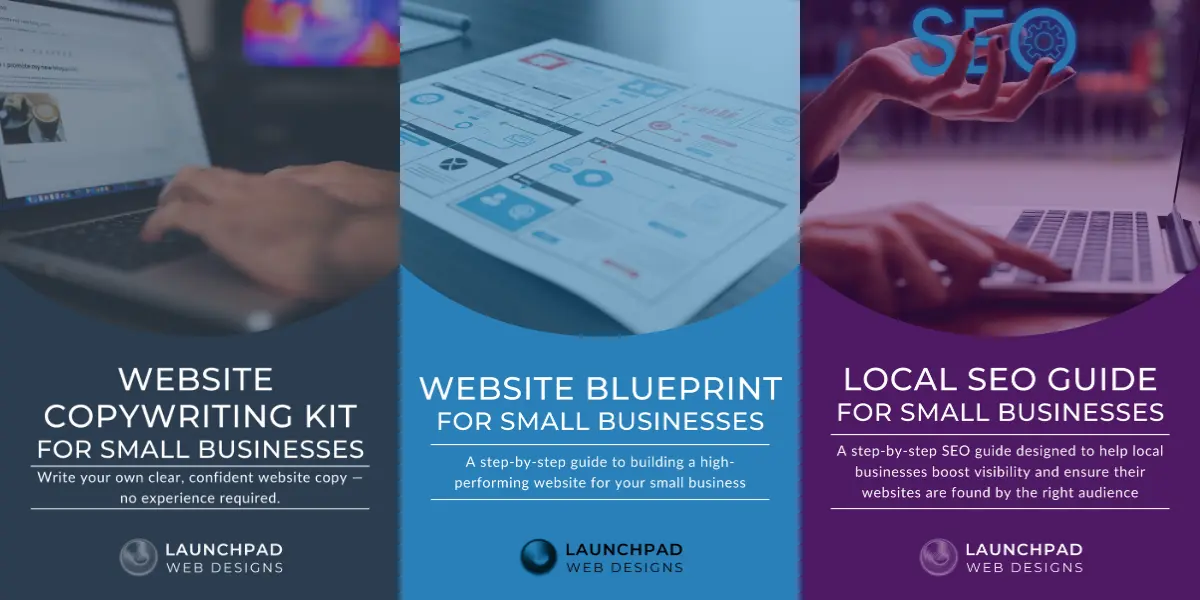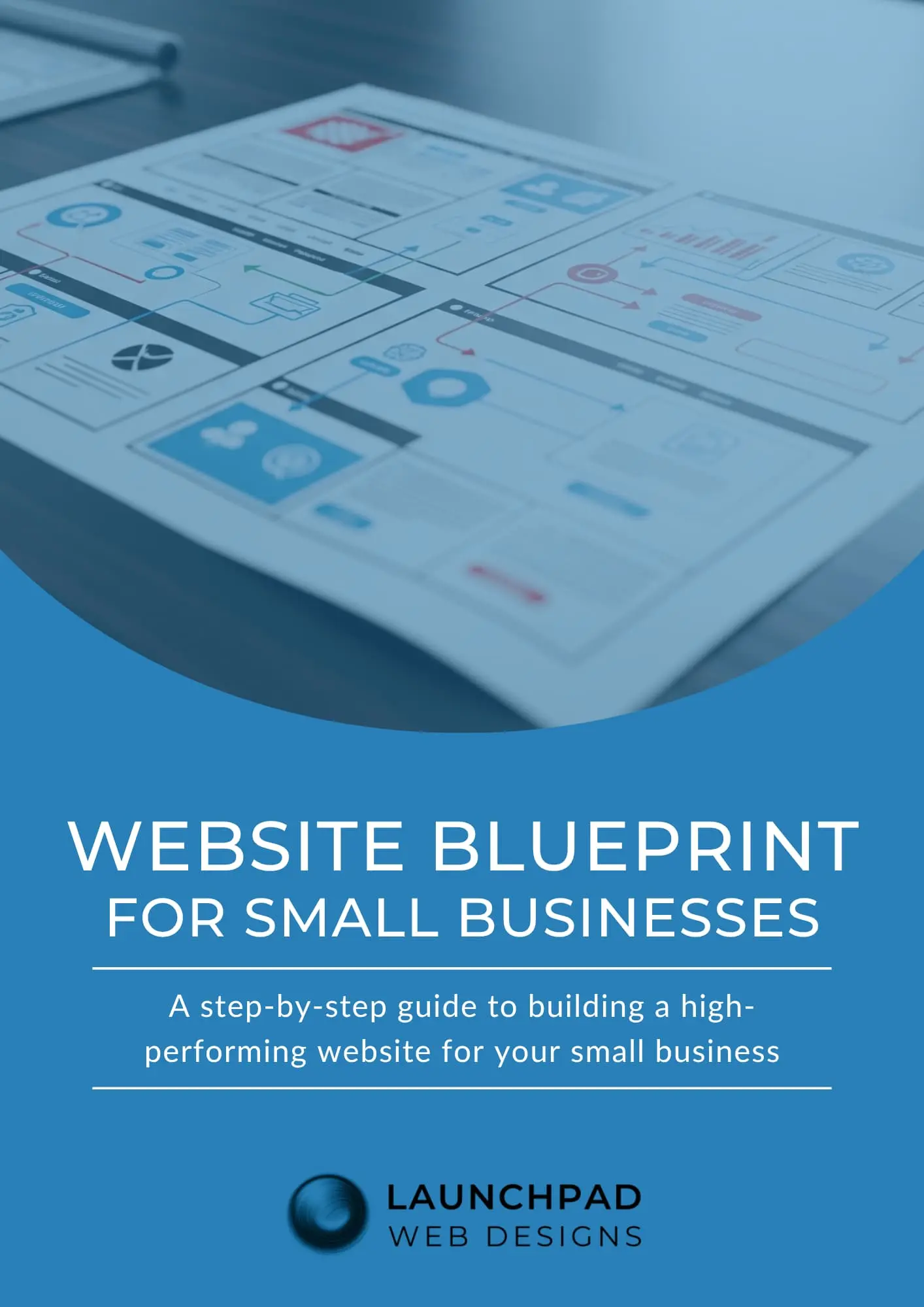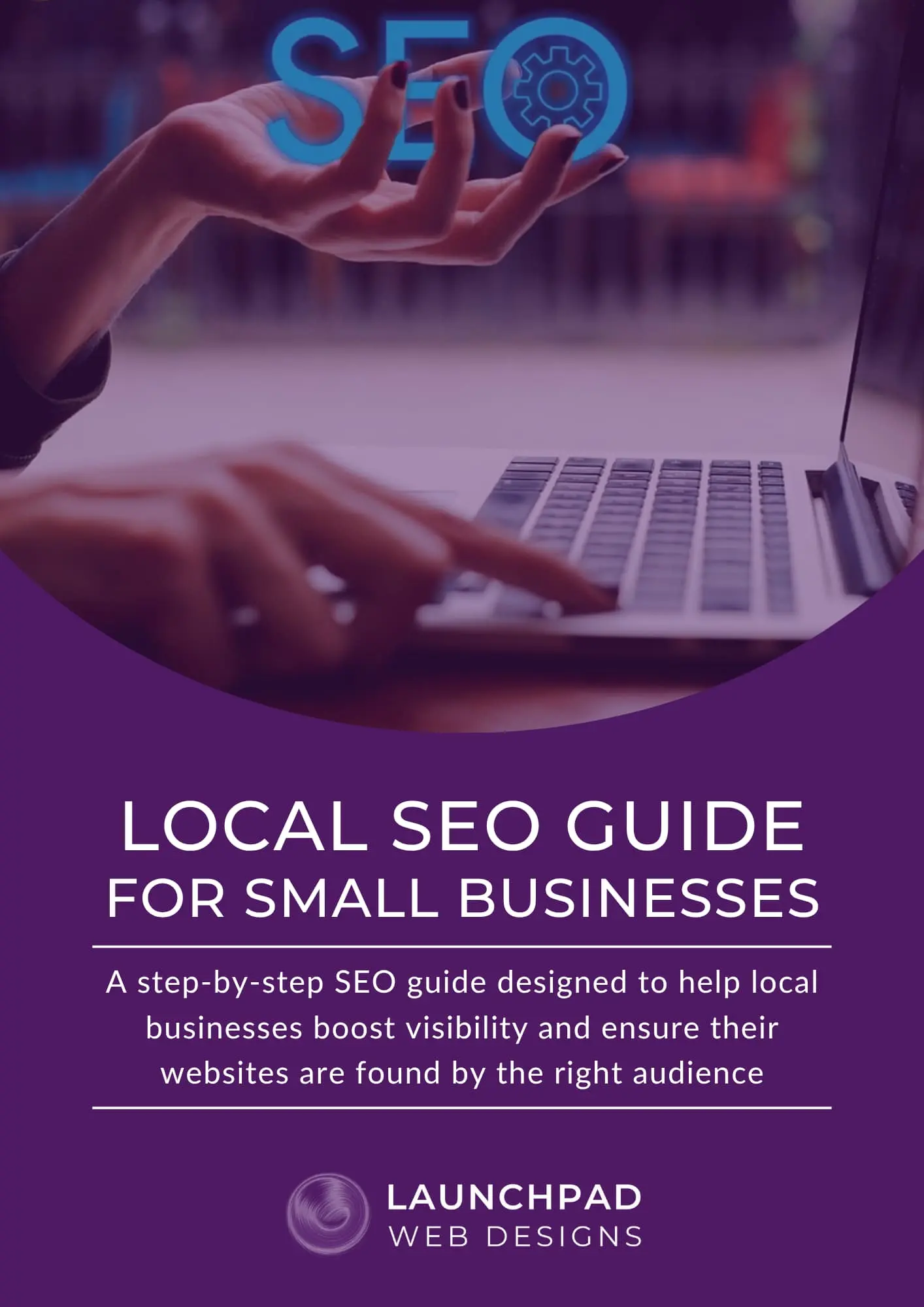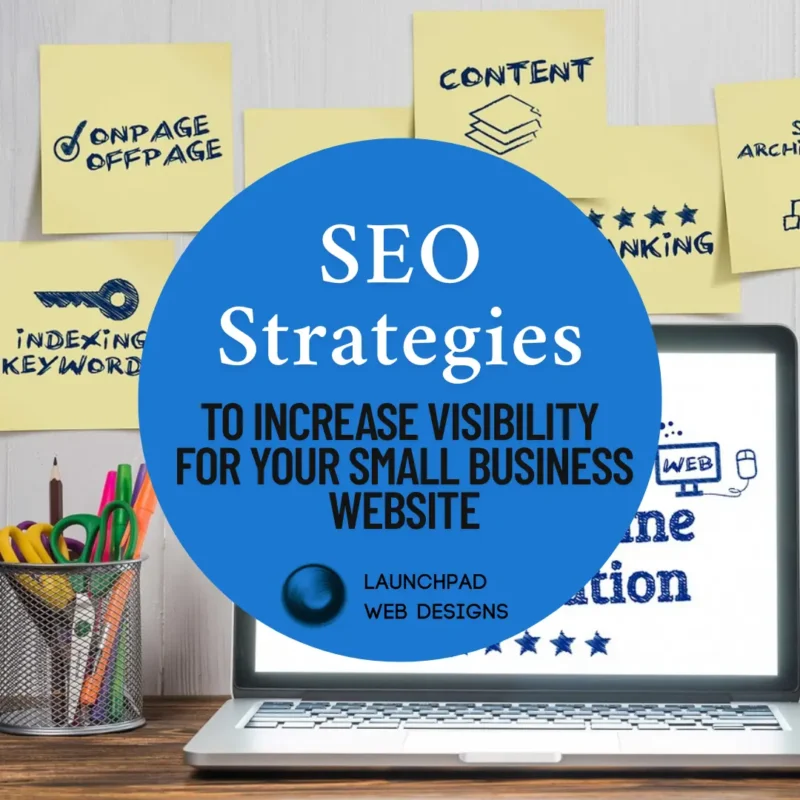No products in the cart.
SEO
Smart SEO Strategies for More Website Traffic
In a world where digital visibility can make or break your business, mastering SEO (Search Engine Optimization) is essential for small businesses. An optimized website helps you connect with your ideal customers, outshine competitors, and turn visitors into loyal clients. But for many small business owners, SEO can feel like an overwhelming and mysterious process. This article breaks down actionable SEO strategies that are practical, effective, and tailored to small businesses looking to grow online.
Why SEO Matters for Small Businesses
Search engines are often the first place people go to find products and services. If your website doesn’t show up in search results, you’re missing out on valuable traffic. Investing time and effort into SEO ensures that your business:
- Ranks higher on Google and other search engines
- Attracts organic (unpaid) traffic
- Builds trust and authority
- Increases lead generation and sales
Let’s dive into the key SEO strategies your small business can implement to increase online visibility.
1. Conduct Keyword Research
Keywords are the foundation of SEO. These are the words and phrases your potential customers type into search engines when looking for your services.
How to find the right keywords:
- Use free tools like Google Keyword Planner, Ubersuggest, or AnswerThePublic
- Look at what your competitors are ranking for
- Focus on long-tail keywords (e.g., “affordable web design for small businesses”)
Tip: Avoid broad or highly competitive terms. Instead, go for niche, intent-driven keywords that align with your business offerings.
2. Optimize On-Page Elements
On-page SEO refers to the content and HTML source code of a page that can be optimized.
Key elements to focus on:
- Title Tags: Include your main keyword near the beginning.
- Meta Descriptions: A concise summary that encourages clicks.
- Header Tags (H1, H2, H3): Break content into sections and include relevant keywords.
- URL Structure: Keep URLs short, descriptive, and keyword-rich.
- Image Alt Text: Use descriptive filenames and alt text with keywords to improve accessibility and image search visibility.
3. Create High-Quality Content
Google rewards websites that provide valuable, relevant content to users. Publishing consistent, helpful blog posts and service pages positions your business as a trusted authority.
Content ideas for small businesses:
- How-to guides related to your industry
- Product or service comparisons
- Customer case studies or testimonials
- FAQs
- Local business spotlights or community involvement
Best Practices:
- Aim for 1000+ words per blog post when possible
- Use internal linking to other relevant pages on your site
- Include CTAs (calls-to-action) to drive conversions
4. Optimize for Local SEO
Local SEO is vital for small businesses that rely on a specific geographic market.
Key steps for local optimization:
- Claim and optimize your Google Business Profile
- Use accurate NAP (Name, Address, Phone Number)
- Choose relevant categories
- Add photos, services, and business hours
- Get listed in local directories (e.g., Yelp, Bing Places, local Chamber of Commerce sites)
- Encourage customer reviews on Google and other platforms
- Use local keywords (e.g., “bakery in Downtown Miami”)
5. Build Backlinks
Backlinks (links from other websites to yours) are one of the most influential SEO factors. They signal to search engines that your content is trustworthy and authoritative.
Strategies to earn backlinks:
- Write guest posts for reputable industry blogs
- Partner with other small businesses for cross-promotion
- Submit your business to industry-relevant directories
- Create shareable content like infographics, videos, or downloadable guides
6. Ensure Your Website is Mobile-Friendly
A mobile-optimized website isn’t just user-friendly—it’s also Google-friendly. Google now uses mobile-first indexing, meaning it primarily uses the mobile version of your content for ranking.
Mobile optimization tips:
- Use responsive design
- Simplify navigation and avoid pop-ups
- Improve load speed (compress images, reduce redirects)
7. Improve Site Speed and Performance
Page speed impacts both user experience and SEO rankings. A slow website can drive visitors away before they even see your content.
Speed-enhancing practices:
- Compress images using tools like TinyPNG or ShortPixel
- Minimize the use of heavy scripts and third-party plugins
- Enable browser caching and use a content delivery network (CDN)
Use Google PageSpeed Insights or GTmetrix to test and improve your site’s performance.
8. Use Schema Markup
Schema markup is a form of structured data that helps search engines understand the content on your site. It can also enhance your listings with rich snippets (e.g., reviews, product info, events).
Popular types for small businesses:
- Local business
- Product
- Review
- FAQ
- Event
You can use Google’s Structured Data Markup Helper to get started.
9. Monitor Performance and Adjust
SEO is not a one-and-done effort. Regularly monitor your performance using tools like:
- Google Analytics (tracks user behavior and conversions)
- Google Search Console (monitors search performance and indexing issues)
- Ahrefs or SEMrush (paid tools for advanced SEO tracking)
Track metrics like:
- Organic traffic
- Bounce rate
- Keyword rankings
- Click-through rate (CTR)
Use this data to refine your strategy, test new keywords, and improve underperforming pages.
Conclusion
Implementing SEO strategies can feel overwhelming, but with a steady, step-by-step approach, your small business can dramatically increase its online visibility. By focusing on keyword research, content quality, local SEO, and technical best practices, you can attract more visitors, build trust, and grow your business organically.
If you’re not sure where to start or want expert support, LaunchPad Web Designs offers personalized SEO-friendly websites tailored specifically for small businesses. Let us help you build a strong digital foundation—because your business deserves to be found.
Ready to rise in search results? Get your free website quote today!















